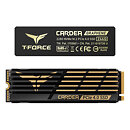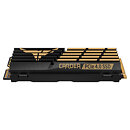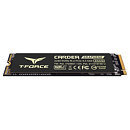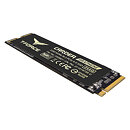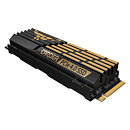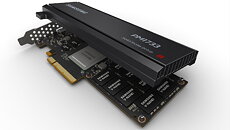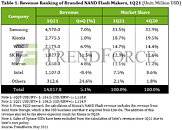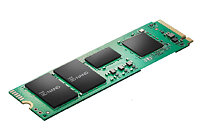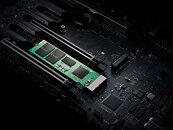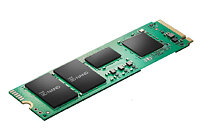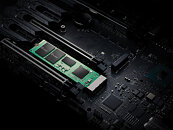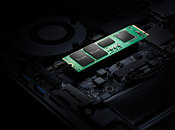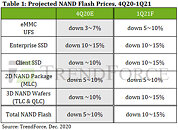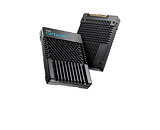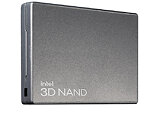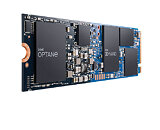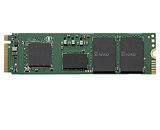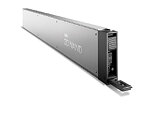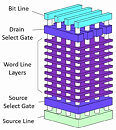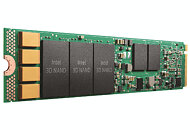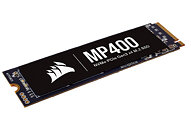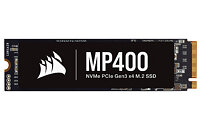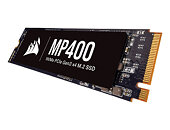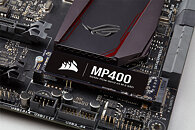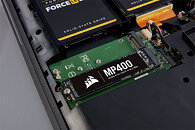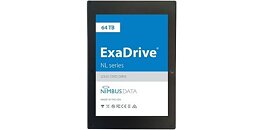Silicon Motion Launches World's Fastest Single Chip Controller For External Portable SSDs
Silicon Motion Technology Corporation, a global leader in designing and marketing NAND flash controllers for solid-state storage devices, today launched its new SM2320 single-chip high performance, lower power and cost effective solution for external portable SSDs. The new SM2320 controller solution is designed with integrated hardware and firmware as well as high-level security features which meet the needs of game console users requiring high performance and the low power requirements of laptop users. The external portable SSD market is growing due to the performance, low power consumption, reliability and portability of such devices enabled by NAND memory. Customers include Kingston Technology, which has designed SM2320 into its new XS2000 external portable SSD, as well as other module and NAND flash providers.
"Kingston is thrilled to collaborate with SMI for the launch of our new pocket-sized XS2000 portable SSD," said Keith Schimmenti, SSD Business Manager, Kingston. "Our Kingston engineers continue to focus on improving the performance of our products and with the new SM2320 controller, we are able to get XS2000 in the hands of our customers and meet the high performance and high capacity demands they need to keep up with the ever-evolving digital world."
"Kingston is thrilled to collaborate with SMI for the launch of our new pocket-sized XS2000 portable SSD," said Keith Schimmenti, SSD Business Manager, Kingston. "Our Kingston engineers continue to focus on improving the performance of our products and with the new SM2320 controller, we are able to get XS2000 in the hands of our customers and meet the high performance and high capacity demands they need to keep up with the ever-evolving digital world."






